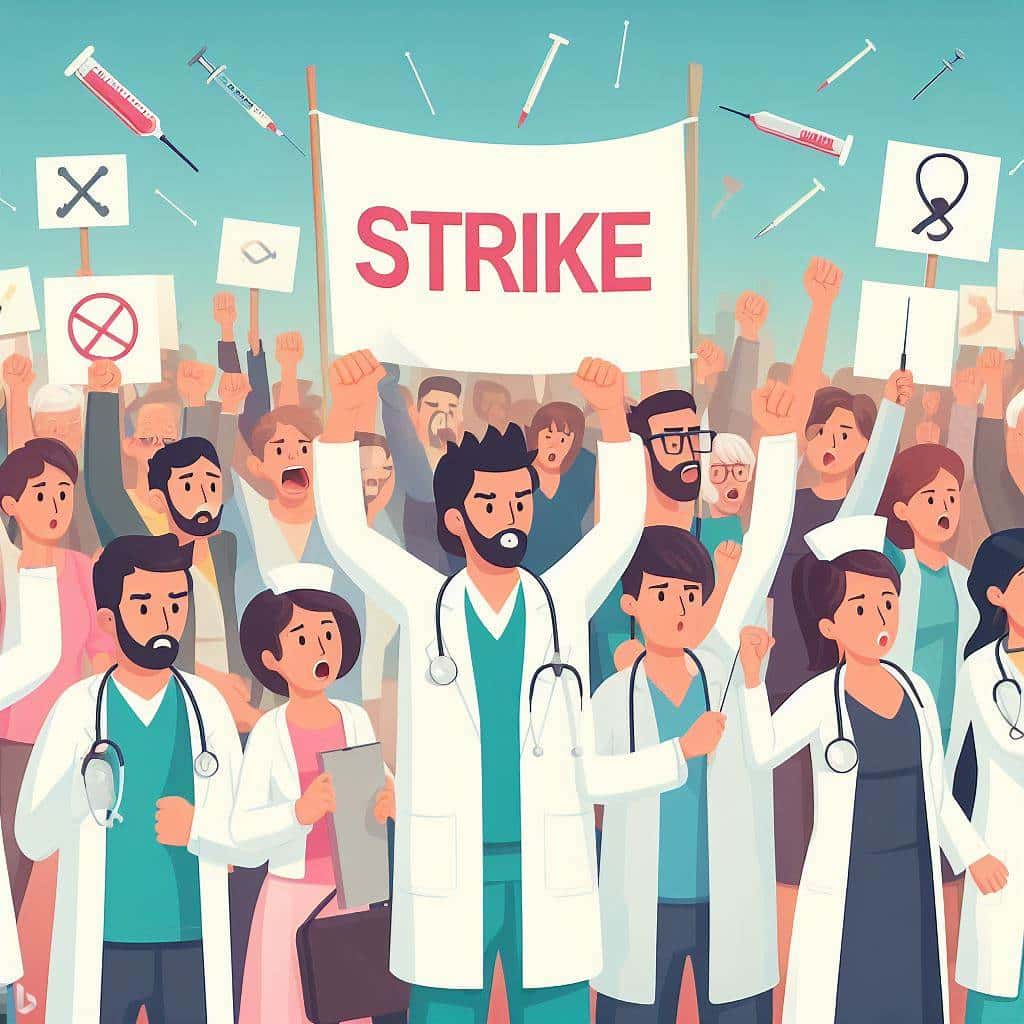Universal Basic Income: a pointless trial of a bad idea
SUGGESTED



UBI has become a hot topic again last week with the news that Autonomy, an ‘independent, progressive research organisation,’ is about to run a micro-trial of the policy. They will pay 30 people, some in Jarrow and some in Finchley, £1,600 a month (roughly the living wage) and monitor them over the two years of the trial to see if UBI has the benefits advocates claim for it, such as reducing poverty and anxiety. They will also monitor a control group of 30 similar people who are not being paid £1,600 a month.
The use of a control group gives the impression that the trial is a serious scientific experiment. In fact, it has two central design flaws that will make its ‘findings’ worthless.
The obvious objection to giving everyone a livable income, whether or not they work, is that many will stop working. Production could then fall so much that the population will be reduced to poverty. Indeed, even the UBI itself could collapse because the Government will be unable to collect enough tax to fund it.
A UBI could reduce the incentive to work in two ways. The first is by increasing incomes in relation to hours worked. When incomes rise, people buy more leisure (among other things). In other words, they work less. Imagine someone who now works 20 hours of overtime a week to increase her income by £400 a month. Give her £1,600 a month, and she will be inclined to reduce her overtime.
Of course, the current means-tested or conditional benefits system also disincentivises work. When someone on unemployment benefit enters the workforce, the loss of benefits and income taxes means that, in the past, she could have faced a marginal tax rate of 80% or more. Keeping 20% of a (usually) low income isn’t worth the effort. This is the ‘welfare trap’. It is one reason the Government introduced Universal Credit, with its current tapper rate of 55%, meaning an individual can at least keep 45p in every additional £1 earned (post-tax). Moving to a UBI would mean they keep £1 of every £1 earned, and many favour it for this reason.
So, a UBI would discourage work from some people (because they buy more leisure) and encourage it from others (because they gain more from working). The Autonomy trial might tell us which effect dominates and whether we should expect a UBI to increase or decrease work and output. We can observe how much people in the test group (who receive the UBI) increase or decrease their work compared to those in the control group.
But the observation will be misleading. Because unlike a real UBI, which would guarantee you £1,600 for the rest of your life, the Autonomy trial will run for only two years. Quitting your job might make sense if you would receive enough to live on for the rest of your life, but not if you would get this income for only two years. The trial won’t test the incentive effects of a permanent UBI.
More importantly, the Autonomy trial pretends that a UBI can be supplied without increasing taxation. Current government spending on ‘social protection’ – unemployment benefits, state pensions and the rest – is about £6,000 per adult per year (£340bn in total). If a UBI of £1,600 a month (£19,000 per year) replaced all these other benefits, annual government spending would increase by £13,000 per adult or £700bn altogether.
Total government spending is now £1tn, so funding this extra spending would mean taxation increasing by 70%, lifting it to about 73% of GDP. This would cause economic activity to collapse. And, if much of the extra £700bn were raised through income tax (as it inevitably would be), work incentives would be devastated. Imagine that you could receive £1,600 a month without working but that if you did work you would keep a much smaller fraction of what you earned.
I may be wrong and much higher tax rates would not discourage work. But the Autonomy trial cannot test this because recipients of its UBI will face unchanged tax rates. They will live in a fantasy world where a UBI can be supplied at no cost.
The experiment could be designed to avoid this problem. Participants could have higher tax rates applied to their earned incomes. But Autonomy decided not to do that. Which makes the trial a farce. Can anyone seriously imagine that people will not feel more relaxed and happier while receiving £1,600 a month in return for doing nothing? They have won the lottery!
What really needs to be tested isn’t whether people like being given money, but what the potential downsides of the policy are. Unfortunately, this trial is designed in a way that can reveal only its benefits.
This article was first published on CapX.
1 thought on “Universal Basic Income: a pointless trial of a bad idea”
Comments are closed.




Absolutely spot on. Excellently dissected and elaborated analysis of the flawed trial of universal basic income. If one was a philanthropist involved with funding Autonomy’s trial, I would be inclined to know the limitations of the trial of which an obvious limitation is it’s lack of realistic exposure factors. This is similar to other flawed UBI trials done before in other countries. It may be more effective running a closed economic system modelling with taxes reflective of the policy. By closed, it can even be a trial using an invented totem currency that is not legal tender. This reduces cost of trial while reflecting a whole economic system.